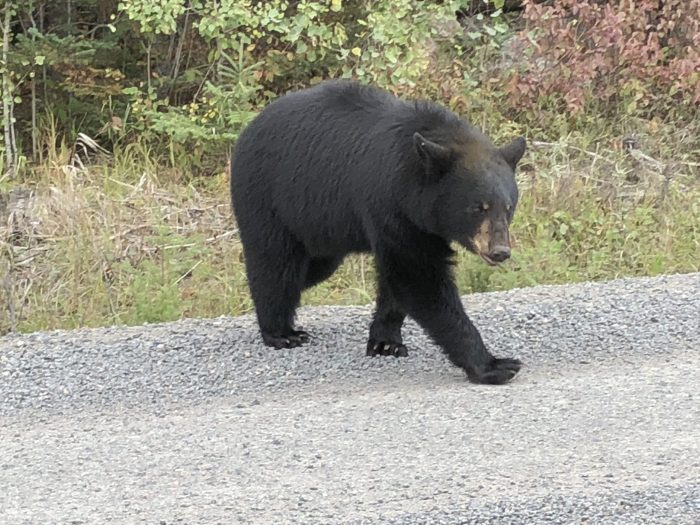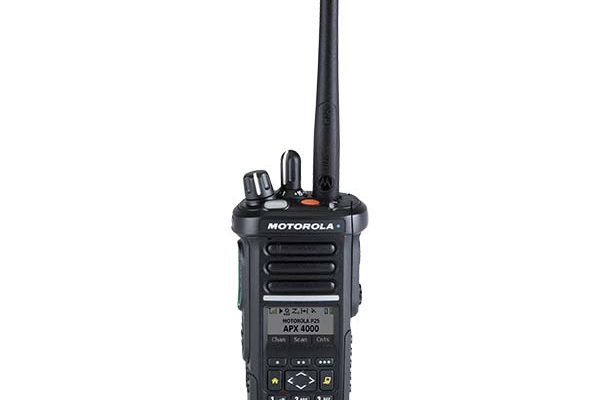DNR predicts that mild winter weather will not harm hibernating bears
The snow and cold were late to arrive this winter, which has lead to concern and questions about how wildlife are faring.
Andrew Tri is the Bear Project Lead for the Minnesota Department of Natural Resources. He spoke to WTIP about how the state’s black bear population is coping with a warmer hibernation season than usual. He explained typical hibernation behavior, including the physiological adaptations bears make to conserve energy through the winter. According to Tri, Minnesota’s bears still went into hibernation at the usual point in the year, around Halloween.
He also mentioned that the exact triggers for what pushes bears to hibernate are not definitively known. Tri said, “Bears up North hibernate longer because there’s less food available. And so food is one driver that we know. But the environmental cues, I think, primarily are a combination of things. And day length is certainly one, you know, days get shorter on a regular basis. That hasn’t changed over the years. When winter shows up can be a highly variable thing. And generally, you know, bears wouldn’t want to be caught with frozen ground, so they start making their dens early.” Despite the warmer temperatures, the region’s bears prepared for winter as usual this season.
Tri said that with less snow to insulate dens and more human activity in the woods later in the season, hibernating bears are more likely to be disturbed. He said that when disturbed, bears may move to another location to resume hibernating. According to Tri, bears evolved to deal with interruptions to their hibernation, so it is unlikely that this will have major negative impacts.
The bear population is at a stable point. Tri said, “The bears are definitely going to be fine. In general, the bear population for the whole state is stable to increasing. It’s in really good shape.” He pointed to 2023 as a robust year for bear food, which has put the bears in a good position going into hibernation. Tri said, “It’s a weird winter, but not one that they can’t handle.”
While there is not cause for concern as the winter weather arrives, Tri said that people should be vigilant come the spring. If the winter stays mild, bears may emerge from their dens slightly earlier than usual. Tri encourages everyone living near bears to minimize attractants like bird feeders and unsecured garbage near their homes when the bears end their hibernation.
In the meantime, if people happen to come upon an bear outside of a den, Tri says that it is important not to disturb them further. He said, “Take a minute-you know it’s kind of a cool experience to just see a bear in the wild. But just leave it alone.”
WTIP’s Kirsten Wisniewski spoke with Minnesota DNR Bear Project Lead Andrew Tri about hibernation during a warmer winter. Full audio from the interview is below.















